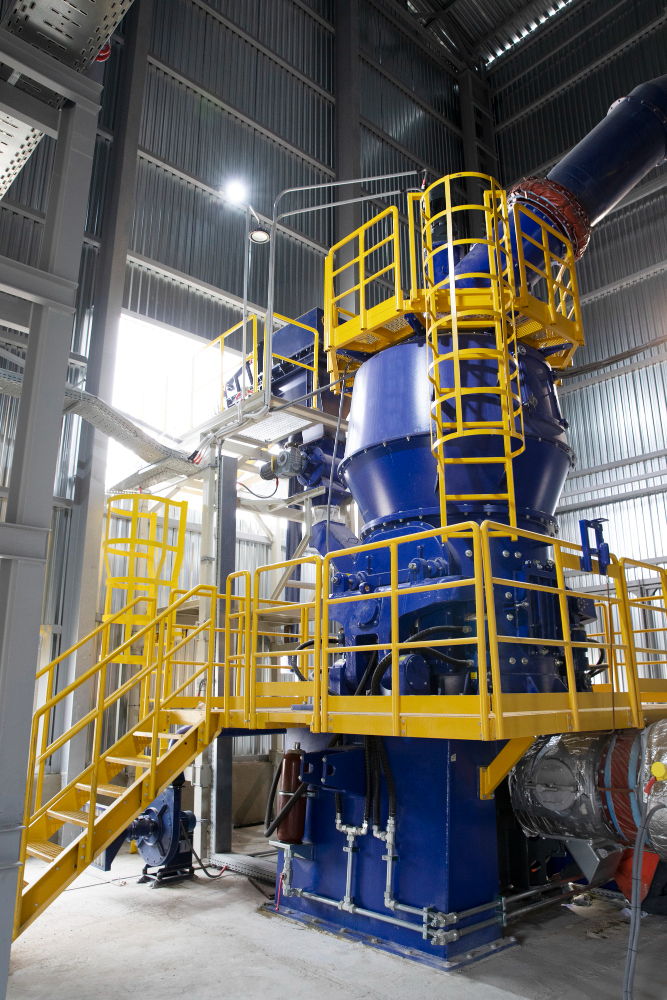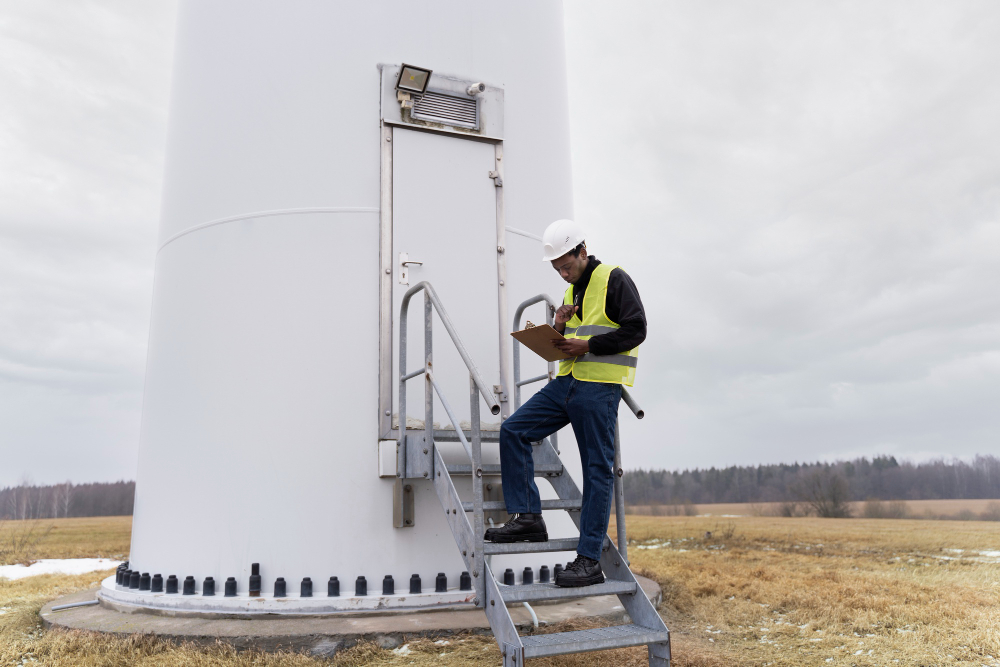Avoiding Common Mistakes in Water Tank Cleaning: What You Need to Know

Water tank cleaning is a crucial task that often gets overlooked by many homeowners and business owners.
With regular maintenance and proper cleaning, water tanks can function efficiently and provide clean and safe water for consumption.
However, neglecting this important task can lead to a buildup of contaminants, bacteria, and sediment, which can compromise the quality of the water stored in the tank.
In addition to affecting water quality, dirty water tanks can also lead to foul odours, corrosion, and potential health risks for those using the water.
In order to avoid the common mistakes that can occur during water tank cleaning, it is important to understand the key factors that contribute to a successful cleaning process.
This includes using the right cleaning products, following proper cleaning procedures, and adhering to maintenance schedules.
In the upcoming sections, we will discuss some key takeaways for effectively cleaning water tanks, including the importance of using safe and effective cleaning agents, addressing specific cleaning challenges, and maintaining regular cleaning schedules to ensure the continued functionality of your water tank.
- Regular cleaning of water tanks is important to prevent the growth of harmful bacteria and contaminants that can affect water quality.
- Avoid using harsh chemicals during the cleaning process to prevent damaging the tank and potentially contaminating the water supply.
- Properly draining and ventilating the tank before cleaning is crucial to ensure a thorough clean and prevent the build-up of sediment.
- Hiring a professional to clean your water tank can save time and ensure that the job is done correctly, especially for larger or more complex tanks.
- Following a detailed cleaning checklist and schedule can help you stay on top of maintenance and ensure your water tank remains clean and safe for use.
What Are the Common Mistakes to Avoid When Cleaning Water Tanks?
Neglecting Regular Cleaning Schedule
One of the most common mistakes in water tank cleaning is neglecting a regular cleaning schedule.
Without regular maintenance, sediments, bacteria, and other contaminants can build up in the tank, compromising water quality.
Using Harsh Cleaning Chemicals
Another mistake to avoid is using harsh cleaning chemicals.
While it’s important to ensure the tank is thoroughly cleaned, using chemicals that are too abrasive can leave harmful residues in the water that can be harmful to health.
Not Emptying the Tank Completely
When cleaning a water tank, it’s crucial to empty it completely to remove all debris and contaminants.
Failing to do so can result in the recirculation of dirty water and the reintroduction of contaminants back into the tank.
Not Inspecting for Damage
Before cleaning a water tank, it’s essential to inspect the tank for any signs of damage or wear and tear.
Ignoring cracks, leaks, or corrosion can lead to further issues down the line, compromising the integrity of the tank.
Failing to Properly Disinfect the Tank
After cleaning the water tank, it’s crucial to properly disinfect it to kill any remaining bacteria or contaminants.
Failing to do so can result in the regrowth of bacteria and algae, affecting the quality of the stored water.

How Can You Ensure Proper Water Tank Cleaning?
- Establish a regular cleaning schedule and stick to it.
- Use non-toxic, eco-friendly cleaning products to avoid harmful residues in the water.
- Completely empty the tank before cleaning to remove all debris and contaminants.
- Thoroughly inspect the tank for any signs of damage before cleaning.
- Properly disinfect the tank after cleaning to ensure water quality.
Conclusion
Properly cleaning and maintaining your water tank is essential for ensuring the safety and quality of your water supply.
By avoiding common mistakes and following recommended cleaning procedures, you can help prevent contamination, extend the lifespan of your tank, and ensure your water remains clean and safe for consumption. For more detailed guidelines and professional services, visit https://safeh2o.co.nz.
Whether you choose to clean your water tank yourself or hire a professional, it is important to prioritize regular maintenance and inspection to avoid potential health risks and costly repairs in the future.
By staying proactive about water tank cleaning, you can have peace of mind knowing that your water supply is safe and healthy for you and your family.
FAQs
What are the common mistakes people make when cleaning water tanks?
Some common mistakes people make when cleaning water tanks include not following proper safety procedures, using harsh chemicals that can contaminate the water, neglecting to clean the tank regularly, and not properly inspecting the tank for damage.
How often should water tanks be cleaned?
Water tanks should be cleaned at least once a year to prevent the buildup of bacteria, algae, and other contaminants.
In areas with heavy rainfall or high levels of pollution, more frequent cleaning may be necessary.
What safety precautions should be taken when cleaning a water tank?
Before cleaning a water tank, it is important to turn off the water supply, wear proper protective gear such as gloves and a mask, ensure proper ventilation in the area, and follow the instructions on any cleaning products being used.
Can I clean my water tank myself, or should I hire a professional?
While it is possible to clean a water tank yourself, hiring a professional is recommended, especially for larger tanks or if you are unsure of how to properly clean and maintain the tank.
A professional will have the necessary equipment and expertise to ensure the tank is cleaned thoroughly and safely.
Are there any eco-friendly options for cleaning water tanks?
Yes, there are eco-friendly options for cleaning water tanks, such as using natural cleaning agents like vinegar or baking soda, as well as opting for mechanical methods like scrubbing instead of chemical cleaners.
What are the benefits of regularly cleaning water tanks?
Regularly cleaning water tanks helps prevent the buildup of harmful bacteria and contaminants, improves the taste and quality of the water, extends the lifespan of the tank, and ensures the water remains safe for consumption.
What should I do if I notice signs of contamination in my water tank?
If you notice signs of contamination in your water tank, such as strange odours, discoloration, or sediment buildup, it is important to stop using the water immediately and contact a professional for an inspection and cleaning.
How can I prevent future contamination in my water tank?
To prevent future contamination in your water tank, it is important to clean the tank regularly, conduct routine inspections for damage or leaks, avoid using harsh chemicals or cleaning agents, and ensure proper ventilation and maintenance of the tank.
What are the consequences of not properly cleaning a water tank?
Not properly cleaning a water tank can lead to the growth of harmful bacteria and contaminants, foul odours and tastes in the water, damage to the tank itself, and potential health risks for anyone consuming the contaminated water.
Is it necessary to disinfect a water tank after cleaning?
Yes, it is necessary to disinfect a water tank after cleaning to ensure any remaining bacteria or contaminants are killed off.
This can be done using chlorine bleach or other disinfecting agents recommended for water tanks.